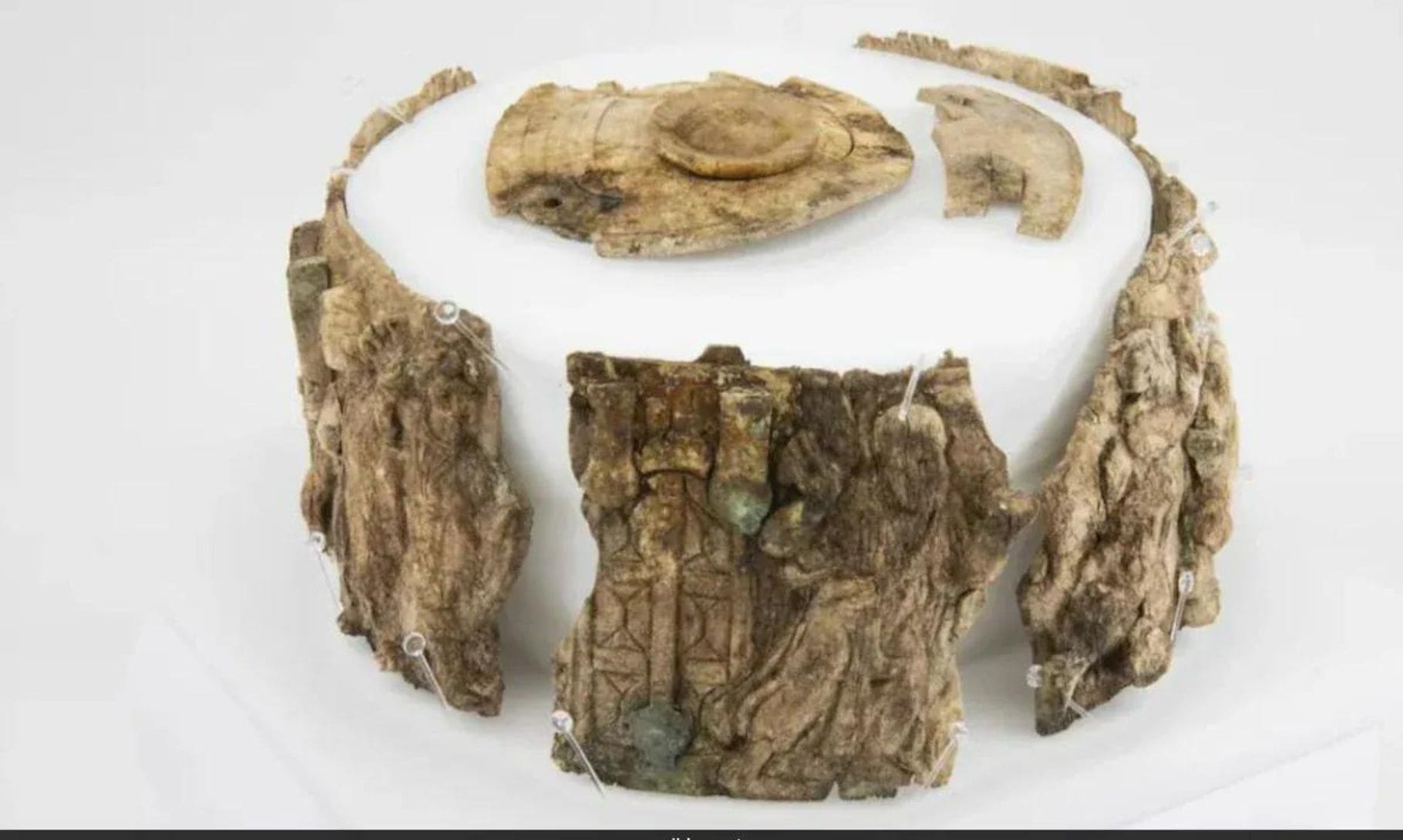Archaeologists from the University of Innsbruck have made an important find at a church site in southern Austria. They discovered a marble shrine containing a 1,500-year-old ivory box with Christian designs. This relic, possibly linked to Moses receiving the Ten Commandments, is significant because there are very few early Christian sacred objects like it. According to archaeologist Gerald Grabherr, only about 40 of these ivory boxes, called pyxes, are known to exist worldwide. The last time one was found during an excavation was around 100 years ago, with most of them now kept in cathedral treasures or museums.
The box was found under an altar in a chapel on the summit of Burgbichl, a hill in the municipality of Irschen. Excavations in this area, part of the Carinthian Drava Valley, have been ongoing by the University of Innsbruck since 2016. Grabherr highlights the archaeological and historical importance of the pyx, noting that it was considered sacred due to its contact with a relic. The box features carvings depicting Moses receiving the laws on Mount Sinai, a key moment from the Old Testament.
Grabherr also explains that as the Roman Empire declined, life became more uncertain, especially in its outer provinces like the area now known as Austria. From the 4th century, people started moving to more defensible hilltop settlements, leaving the valleys below. This discovery at Burgbichl provides valuable insight into early Christian practices and the historical context of the time.























